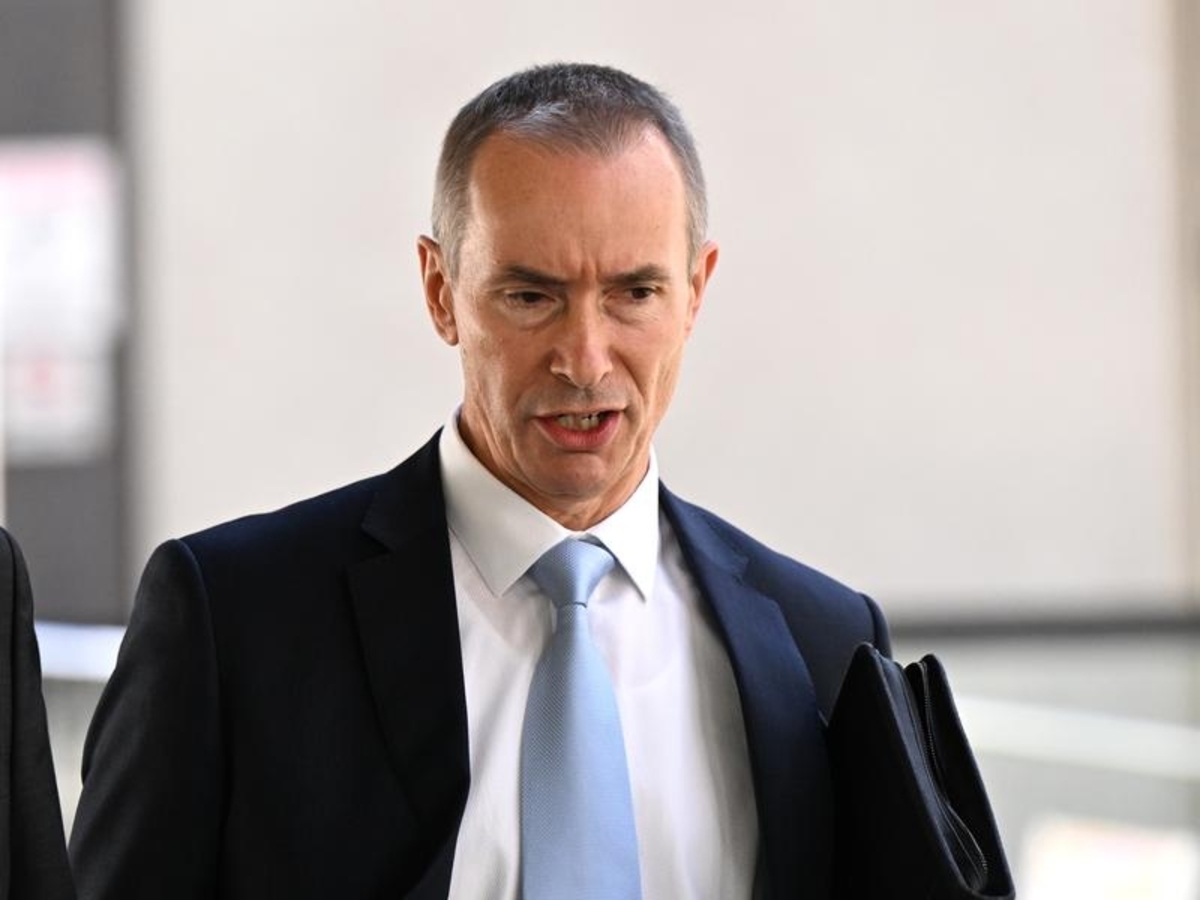
The former head of the US FBI's elite forensic unit would have rejected a Queensland forensic laboratory's changes to DNA testing, which ultimately failed to identify profiles related to thousands of crimes.
Internationally renowned scientist Dr Bruce Budowle gave evidence to the Commission of Inquiry into Forensic DNA Testing by video link from the US on Friday.
The probe into the Queensland-government-run Forensic and Scientific Services lab follows the recent release of an interim report identifying serious testing shortfalls.
The earlier inquiry was sparked after the lab introduced significant changes to DNA threshold limits.
The unusually high testing threshold adopted by the lab in 2018 was designed to save money and improve efficiency but resulted in thousands of crime scene evidence samples not being tested.
The Queensland Police Service approved the threshold change after being presented with an options paper by Queensland Health, which Dr Budlowe said would have been difficult for officers to comprehend.
"I don't think it was appropriate in itself," Dr Budlowe told the hearing in Brisbane.
"When I use scientific terms, I could be speaking French to you. I could be speaking Chinese to you, or whatever it may be, because you're not used to that jargon.
"So part of the process is to ensure that we understand each other so that you can make an effective decision if you are the right one to weigh in on what that final decision should be."
Dr Budlowe told the hearing Queensland Police should not have accepted the testing change without asking for it to be better explained.
"I would have said go back and do it again," he said.
Former Queensland Health general manager of community and scientific services Michel Lok told the hearing he had not been told about the proposal and would not have supported the move.
"It put a proposition to make a change, which may result in some cases not being fully tested... and as a consequence of some evidence not being available to prosecutors ... may impact upon the outcomes that are affected by the victims of crime," Mr Lok said.
"That's a response which police carry large largely, and so, therefore, I would have thought a much more fulsome consideration of those matters should have been part of that paper.
"It would have required us to take a step back and reassess the assertions to ensure that we're actually on solid ground with the analysis performed before we took it any further. "
Queensland Police have conceded they did not understand the options paper, instead relying on advice from Queensland Health to make a decision.
More than 21,000 evidence samples, including almost a third from murder and rape scenes, collected between 2018 and 2021 were ruled "insufficient DNA for testing" and never fully examined.
Eventually, investigators whose cases depended on DNA results were routinely sending samples back for retesting with 33 per cent of those results returning a usable DNA profile.
Senior police were so alarmed by the repeated testing failures they asked for an urgent review and wrote to Queensland Health advising they would no longer accept the testing thresholds the lab applied to major crimes.
Managing scientist Cathie Allen and team leader Justin Howes, who pushed for the changes, were stood down after the interim findings of the earlier inquiry were released.
The hearing continues before Commissioner Walter Sofronoff, ahead of the commission's final report due in December.







